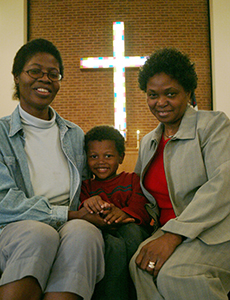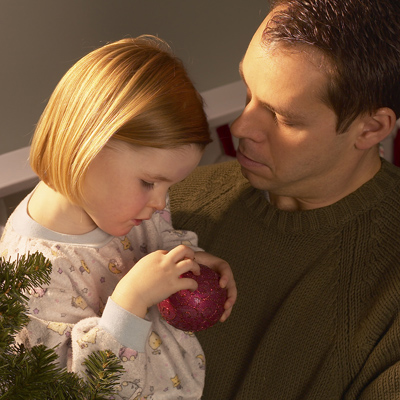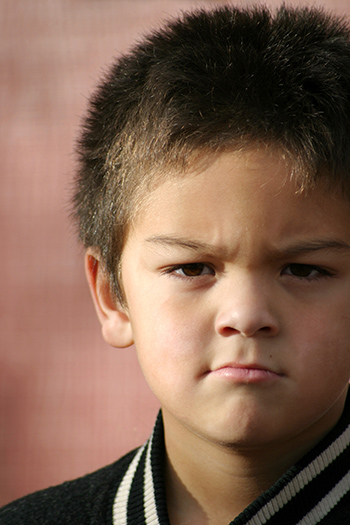Find out more about the greatest needs of children and their caregivers.
James 2:14-16 instructs us to show our Christian faith by meeting the needs of others. When those “others” are the families of the incarcerated, we often need to help first with physical and financial needs – and then meet their needs for emotional and spiritual support.

THE TOP THREE NEEDS EXPRESSED BY FAMILIES OF THE INCARCERATED ARE
- Help with the basics of life: food, clothing, shelter
- Support in maintaining connections with the incarcerated family member
- Acceptance, predictable relationships, and comforting communities
These three requests fit with the resilience literature that describes “protective factors” in the lives of fragile families. Nearly all experts agree that the three primary factors that help buffer children and families from the damaging effects of parental incarceration are:
- People – Positive relationships with friends, neighbors, coaches, teachers, and counselors help those who are hurting feel loved, valued, and hopeful.
- Skills – Feeling capable and confident in at least some areas of life helps a person under stress cope with other areas that seem out of control.
- Faith – Knowing that God loves them despite all the hurtful losses and confusion in their lives gives them hope for the future and strength for today.
 The incarceration of a parent is rarely the only risk factor in the lives of these children and families. Children are often raised in environments of chaos, violence, and the aftermath of trauma. They then experience the loss of their parent to drugs, crime, and ultimately to prison.
The incarceration of a parent is rarely the only risk factor in the lives of these children and families. Children are often raised in environments of chaos, violence, and the aftermath of trauma. They then experience the loss of their parent to drugs, crime, and ultimately to prison.
For some, the conditions that bred the parent’s criminality do not disappear when the parent does. Therefore, the incarceration may not make a significant change in their lives. For others, having Mom or Dad go to prison creates a chain of traumatizing events that may include deeper poverty, relocation, resentment of caregivers, and the stress of the criminal justice system. Still others are protected by their environments because their caregivers have adequate emotional and physical resources.
WHEN WORKING WITH THE FAMILIES OF THE INCARCERATED, IT IS IMPORTANT TO REMEMBER
- Families of the incarcerated often report that they seek a faith community to embrace them, but feel unwanted and out of place. These families need to feel welcomed and valued.
- Many families of the incarcerated have been disappointed or betrayed by people and systems, and are judged harshly by others. Trust and hope need to be built and nourished in their lives.
- Children need to know it’s okay to talk about their incarcerated parent. They need to have people in their lives who will listen without judging as they express their feelings of love, loss, confusion, abandonment, anger, and fear.
 Children of the incarcerated may exhibit behaviors that upset or concern the adults around them. This “acting out” is a way of expressing the anger and confusion they feel. It is their way of asking, “If I act out, will you leave me, too?”
Children of the incarcerated may exhibit behaviors that upset or concern the adults around them. This “acting out” is a way of expressing the anger and confusion they feel. It is their way of asking, “If I act out, will you leave me, too?”- Most children need contact with their incarcerated parent. They also need to know it’s okay if sometimes they want contact and sometimes they don’t. This way, they feel in control.
- In most cases, these are children who love their parents and long to know they are loved back. Letters, phone calls, and gifts from their parents in prison help children feel “held in mind” and not forgotten.
With help, many families of the incarcerated can overcome great obstacles. We must encourage hope. There is hope in resilience, in trust, in knowing that Mom or Dad thinks of you in prison, in having people believe in you, and in knowing that faith protects and God provides.
FOR MORE INFORMATION
- Prison Fellowship’s Family Embraced Tool Kit offers video interviews with children of the incarcerated and their caregivers.
- Understanding the Experiences and Needs of Children of Incarcerated Parents is a helpful report published by the Urban Institute in Washington, DC.